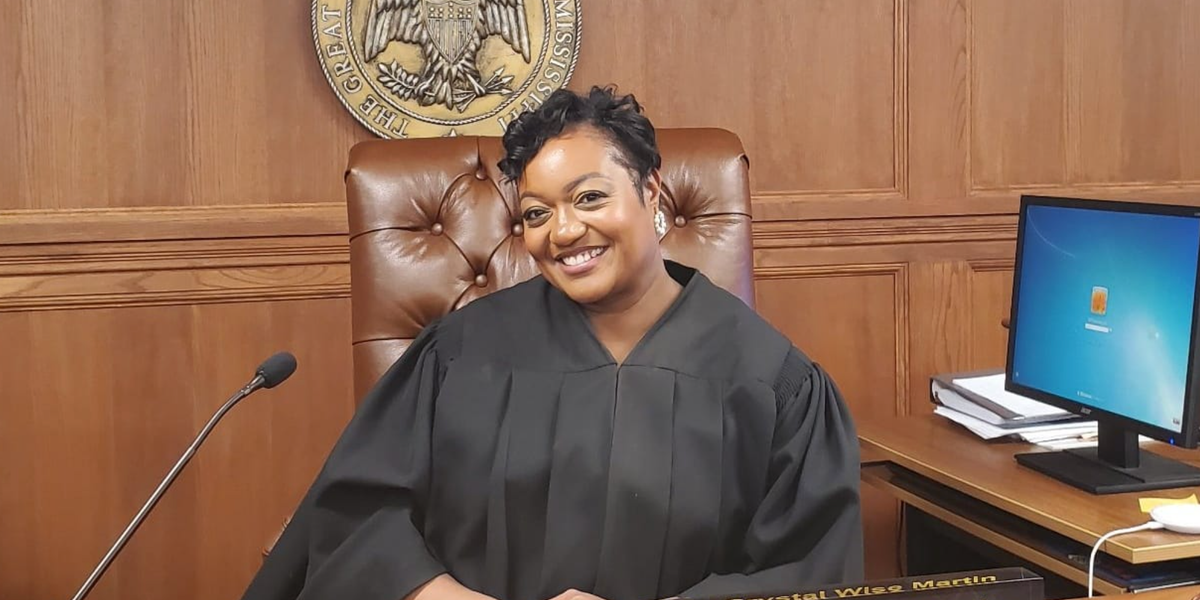Mississippi Judge Orders Deletion of Critical Editorial, Raising First Amendment Concerns
A Mississippi judge's order to remove a newspaper editorial on transparency raises significant First Amendment issues, prompting backlash from press advocates.
Subscribe to unlock this story
We really don't like cutting you off, but you've reached your monthly limit. At just $5/month, subscriptions are how we keep this project going. Start your free 7-day trial today!
Get StartedHave an account? Sign in
Overview
A Mississippi judge has ordered the Clarksdale Press Register to take down an editorial that criticized local officials for failing to inform the media about a tax-related meeting. This action, spurred by a city lawsuit claiming defamation, has sparked widespread concern over First Amendment rights. Critics argue this constitutes censorship and undermines press freedom. Judge Crystal Wise Martin, who issued the order without a hearing, justified it by claiming the editorial displayed reckless disregard for the truth. The case echoes historical precedents on press protections, notably the 1931 Supreme Court ruling against prior restraint.
Report issue

Read both sides in 5 minutes each day
Analysis
Analysis unavailable for this viewpoint.
Articles (3)
Center (2)
FAQ
The judge's order was based on allegations of defamation against public figures through actual malice in reckless disregard of the truth, which interfered with their legitimate functions.
The city officials sued the publishers of the Clarksdale Press Register over the editorial, claiming defamation. Clarksdale Mayor Chuck Espy later celebrated the court's decision, stating that the newspaper should not be allowed to publish 'malicious lies'.
The order is seen as a significant threat to press freedom and First Amendment rights, as it constitutes a prior restraint on speech, which is rarely allowed under U.S. law. Critics argue it sets a dangerous precedent for censorship.
Yes, a hearing is scheduled for February 27. The next steps will likely involve further legal arguments and potential appeals based on the outcome of this hearing.
History
- This story does not have any previous versions.

